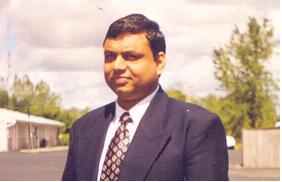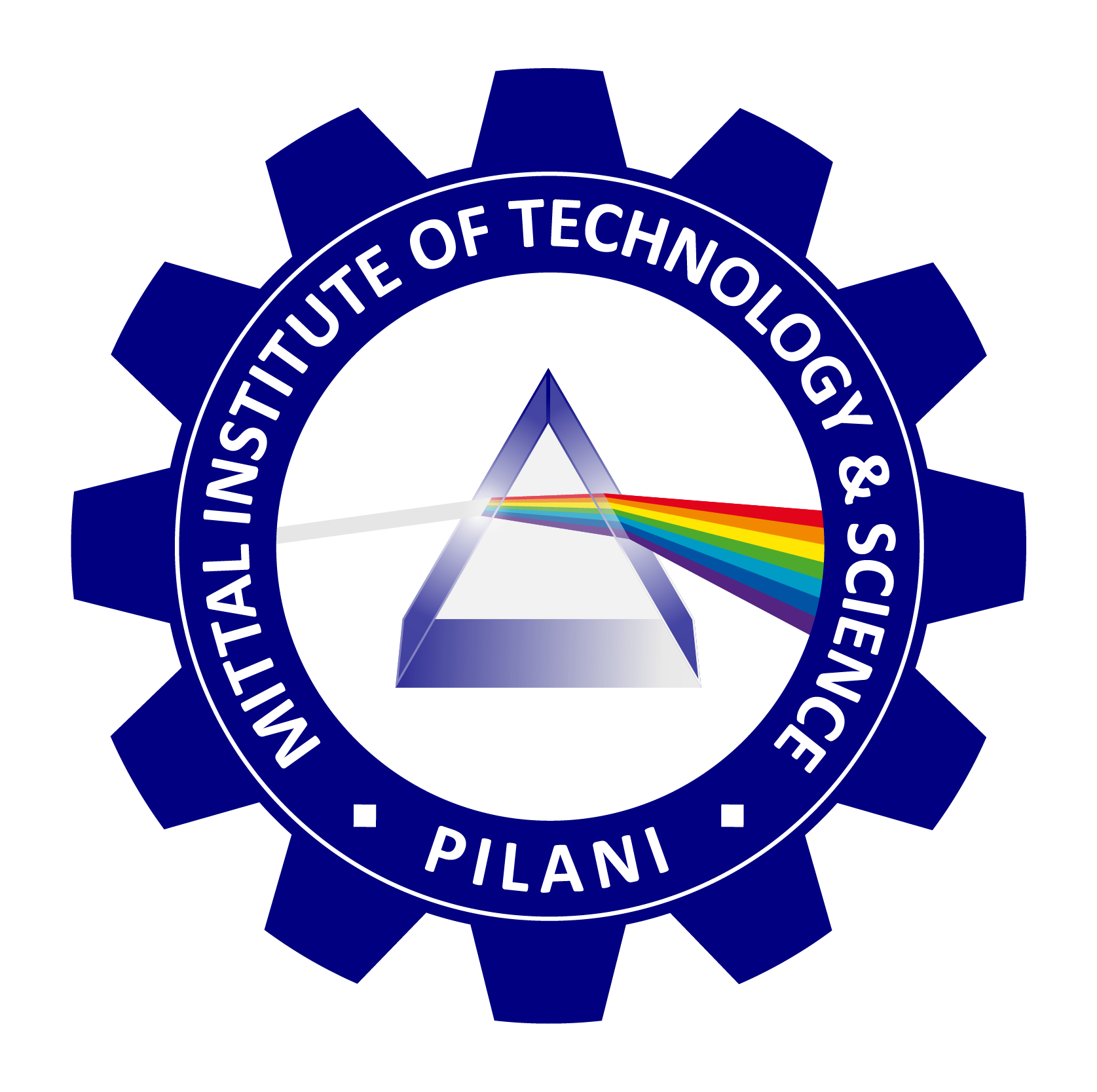
Feynman’s Lecures on Physics
Physics
Physics, as one of the most fundamental branches of science, has played a pivotal role in shaping the modern world. It has not only advanced human knowledge but has also significantly contributed to human prosperity, improving the quality of life, enabling technological breakthroughs, and expanding the boundaries of what we can achieve. The study of physics has given rise to groundbreaking discoveries that form the foundation of many other sciences, and its practical applications have transformed industries, economies, and societies.
Expanding Human Knowledge
At its core, physics seeks to understand the fundamental principles that govern the universe. From the motion of celestial bodies to the behavior of subatomic particles, physics offers insights into the very fabric of reality. Over the centuries, discoveries in physics have led to profound changes in our understanding of the world.
One of the most revolutionary shifts came with Isaac Newton’s laws of motion and universal gravitation, which provided a framework for understanding the forces that govern objects both on Earth and in space. Newton’s work laid the foundation for classical mechanics, which dominated scientific thought for centuries and became essential for fields such as engineering, astronomy, and even philosophy.
In the 20th century, Albert Einstein’s theory of relativity transformed our understanding of space, time, and energy, challenging long-held assumptions and leading to a new era in theoretical physics. His famous equation, E=mc2E = mc^2, demonstrated the profound relationship between mass and energy, which eventually contributed to the development of nuclear power and other advanced technologies.
The development of quantum mechanics further expanded human knowledge, introducing a realm of physics that deals with phenomena at the smallest scales of nature, including atomic and subatomic particles. Quantum theory has not only deepened our understanding of the universe but also opened up new frontiers in technology, including quantum computing and quantum cryptography, which promise to revolutionize industries in the coming decades.
Technological Advancements and Prosperity
While the pursuit of knowledge in physics often begins with abstract theoretical questions, the practical applications of physics have had an enormous impact on human prosperity. Many of the technologies that define modern life—from electricity to telecommunications—are rooted in discoveries from physics.
The discovery and understanding of electromagnetism by scientists such as James Clerk Maxwell and Michael Faraday in the 19th century paved the way for the development of electric power, telegraphy, radio, and eventually the internet. Today, the global economy relies on the principles of electromagnetism for everything from powering homes to enabling instantaneous communication across continents.
Thermodynamics, another branch of physics, laid the groundwork for the Industrial Revolution. The understanding of heat, energy, and work enabled the invention of steam engines, which transformed industries and economies. The principles of thermodynamics continue to influence modern energy production, including in renewable energy technologies such as solar panels and wind turbines.
The development of semiconductor physics in the 20th century led to the creation of transistors, which are the building blocks of modern electronics. Without this advancement, the digital revolution would not have been possible. From computers and smartphones to artificial intelligence and robotics, the information age owes much to the principles of physics.
Physics and Healthcare
The contributions of physics to healthcare have been profound, leading to longer, healthier lives for people around the world. X-rays, discovered by Wilhelm Röntgen, allowed doctors to see inside the human body without surgery for the first time. This was a monumental leap in medical diagnosis.
The development of magnetic resonance imaging (MRI) and computed tomography (CT) scans, both based on principles of physics, revolutionized medical diagnostics, allowing for more accurate detection of diseases and conditions. Radiation therapy, derived from the understanding of nuclear physics, has become a crucial treatment for cancer patients worldwide.
In recent years, physics has contributed to the development of nanotechnology, which holds the potential to revolutionize medicine further. Nanophysics is leading to the creation of targeted drug delivery systems, improving the effectiveness of treatments while minimizing side effects.
Addressing Global Challenges
Physics is also at the forefront of addressing global challenges, including energy sustainability and climate change. The understanding of nuclear physics has given rise to nuclear energy, a powerful source of electricity that, when managed safely, can provide a low-carbon alternative to fossil fuels.
Moreover, advancements in materials science, which is heavily grounded in physics, are enabling the development of more efficient solar cells, better energy storage systems, and lighter, stronger materials for various industries. Innovations like superconductors could revolutionize the future of power transmission, reducing energy loss and increasing efficiency.
In the realm of space exploration, physics has been indispensable. The application of principles such as Newtonian mechanics and Einstein’s theory of relativity has allowed humanity to send spacecraft to distant planets, explore the outer reaches of the solar system, and even contemplate interstellar travel. These endeavors not only satisfy human curiosity but also have practical implications for resource management, technology, and our long-term survival as a species.
The contributions of physics to the advancement of human knowledge and prosperity are vast and undeniable. From explaining the mysteries of the universe to driving technological innovation, physics continues to be a cornerstone of human progress. Its applications in industry, healthcare, energy, and beyond have enhanced the quality of life for billions of people and promise to continue doing so in the future. As we face the challenges of the 21st century, from climate change to the exploration of deep space, physics will remain at the forefront of our efforts to build a better, more prosperous world.

Professor Rakesh Mittal
Computer Science
Director
Mittal Institute of Technology & Science, Pilani, India and Clearwater, Florida, USA
